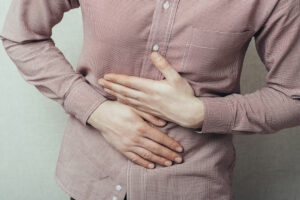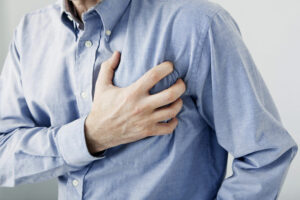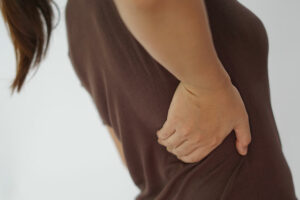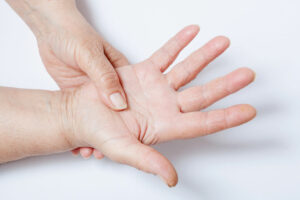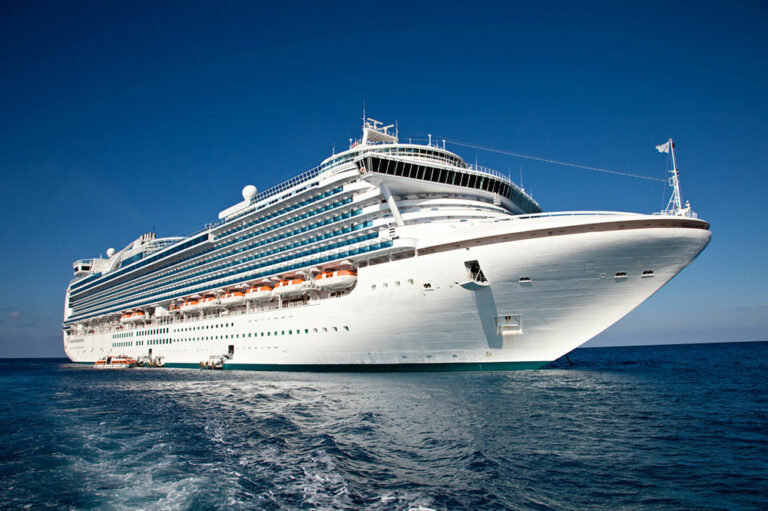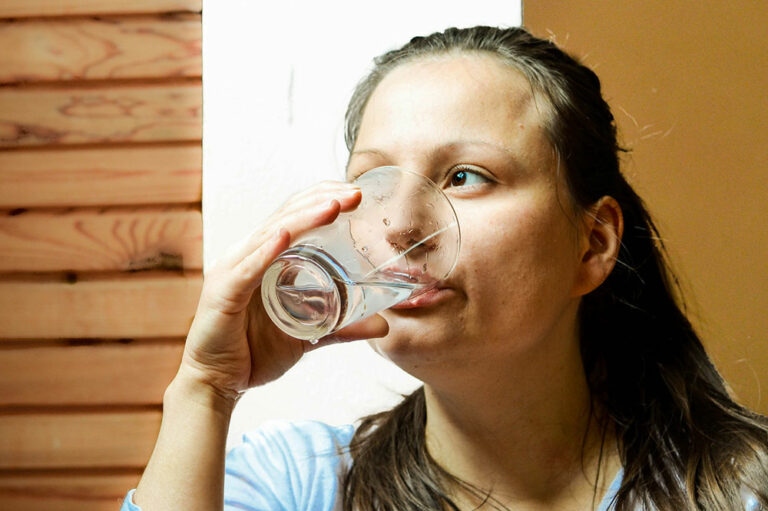Atrial Fibrillation (AFib) occurs when there is a breakdown in the functioning of the atria or the heart’s upper chambers. Instead of beating at an average rate, the pulse begins to fibrillate, beating at a fast or irregular pace. AFib can increase the risk of stroke and heart failure, which can be fatal. To manage this condition, it is recommended to implement some lifestyle changes in addition to medical therapies.
Based on available evidence, avoiding certain foods can help manage AFib better, as these have been shown to affect health and increase the risk of heart complications negatively. They may also lead to other health issues such as diabetes, cognitive decline, and certain cancers. Therefore, common foods to avoid with atrial fibrillation include:
Energy drinks
Energy drinks contain a large amount of caffeine, excessive sugar, and stimulants, which can negatively affect the cardiovascular system. Observational research has linked the consumption of energy drinks with serious cardiovascular events, including arrhythmias and sudden cardiac deaths. It is suggested that people with AFib avoid energy drinks.
Partially hydrogenated vegetable oils and margarine
According to studies, foods high in saturated and trans fats are associated with a high risk of AFib and other cardiovascular conditions. Foods like butter, cheese, and red meat contain high saturated fats. In contrast, margarine, partially hydrogenated vegetable oils, certain crackers and cookies, potato chips, doughnuts, and other fried foods contain high amounts of trans fats. To improve overall heart health, reducing the intake of high-calorie processed foods and increasing fiber intake can help.
Salt
Salt can aggravate blood pressure, which increases the chances of AFib. Reducing sodium can help maintain heart health and lower blood pressure. According to the CDC, consuming less than 2,300 mg of sodium daily is ideal for heart health.
Sugar
People with diabetes mellitus are 40% more likely to develop AFib. Constantly eating foods high in sugar can raise blood glucose levels, which may lead to insulin resistance, and significantly increase the chances of diabetes. Limit soda, sugary baked goods, and other foods high in sugar.
Grapefruit
Grapefruit contains a powerful chemical called naringenin, which can interfere with specific antiarrhythmic medical treatments’ effectiveness and affect how these treatments are absorbed into the bloodstream. Speak to a doctor before consuming grapefruit when undergoing treatment for AFib.





